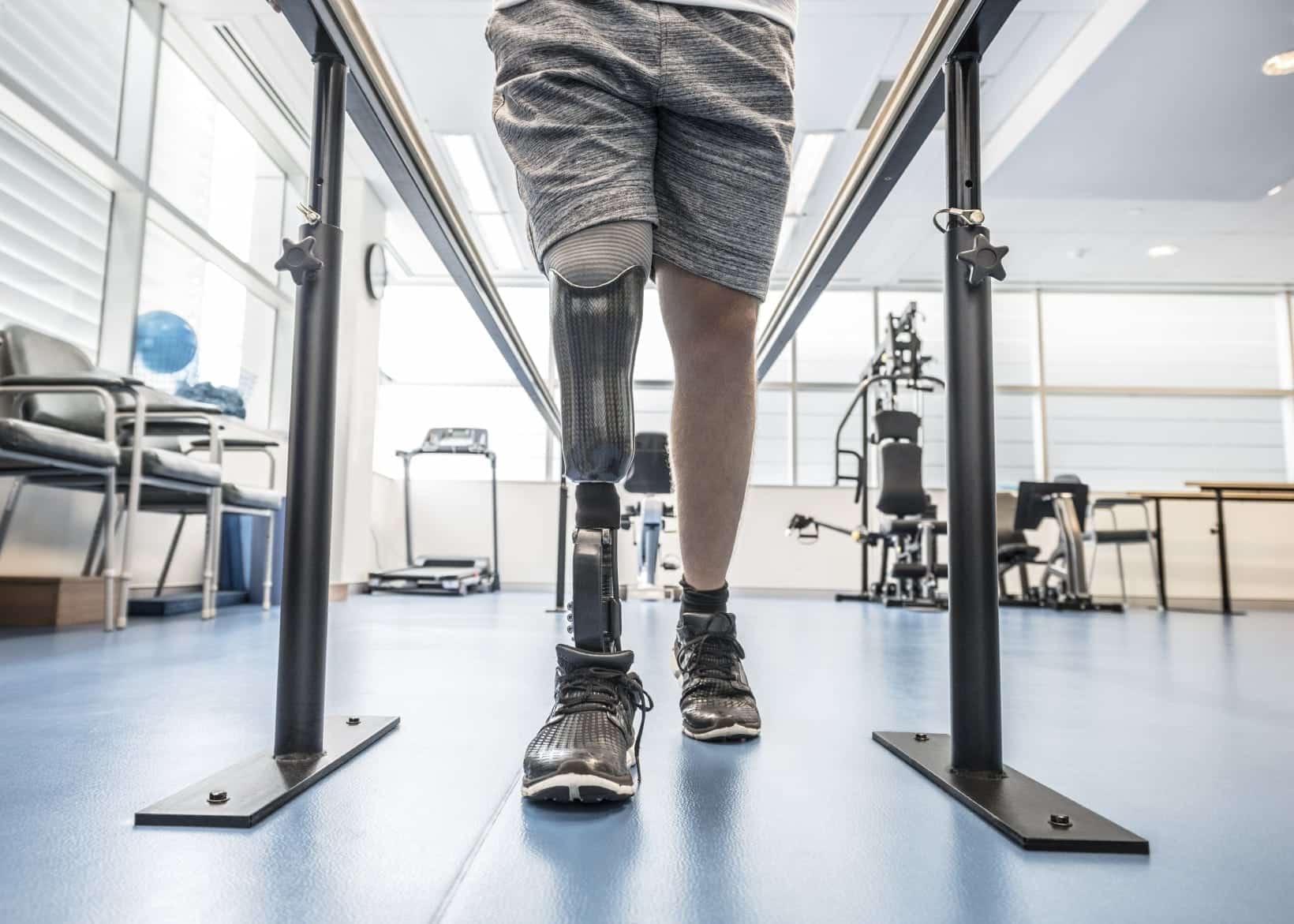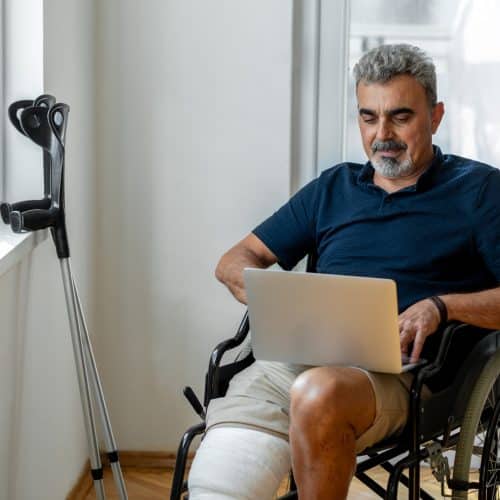The workers’ compensation system offers workers a way to get disability benefits if they have been injured at work. In serious injury cases, and even in minor ones, you may not be able to work for some time after an injury, and you are paid a portion of your wages while you are off work.
But what about those situations where your injury has changed you for the rest of your life? You may not be able to do the same work that you could before, or you may not be able to do things that you used to enjoy in your private life. Thankfully, workers’ compensation has a benefit for that as well. It is called “permanent partial disability benefits.”
What Are Permanent Partial Disability Benefits?
Massachusetts law will also refer to permanent partial disability benefits as “partial incapacity benefits.” You can receive these benefits if your work injury resulted in a decrease to your earning capacity. These injuries make it difficult, if not impossible, for you to work at the same level that you did before the accident.
The different between this benefit and total disability benefits is that you can still work. You may not be able to do the same job, and you may even have to switch careers, but your injury has not been so debilitating that you are unable to work at all.
The amount of this benefit will depend on a number of factors, including:
- Which part of your body has been injured
- The seriousness of your injury
- Your chances of recovery
- Whether you can ever recovery fully
- Your wages prior to your accident
- How much of your total body has been injured as determine by a medical professional
Based on these factors, it is easy to see why the amount of benefits can vary a great deal from worker to work.
Workers’ Compensation and Partial Incapacity Benefits
In order to receive these benefits, you must notify your employer as soon as possible after your injury. You should let any medical professional that you work with after the accident know that your injury or condition is work-related. This will make the workers’ compensation process run much smoother later.
Your medical treatment will continue through your recovery. During this time, if you cannot work, then you will be given temporary total disability benefits or healing period benefits. This benefit is different from your permanent partial disability benefit because it accounts for the fact that you are unable to work at all for a period of time.
Once you have recovered mentally, physically, or emotionally as much as your doctor thinks you will, he or she will place you at “maximum medical improvement” (“MMI”). At that time, you will get a rating that determines the percentage of your body that has been harmed. Then, the workers’ compensation system looks to Massachusetts law to determine how many weeks of your pay that percentage is worth. Finally, the insurance company should pay you that amount either in a lump sum or overtime.
Getting Legal Help
This process can be complicated, and the insurance company may try to take advantage of a worker that does not completely understand the system. That is one of the many reasons that having a workers’ compensation attorney is a good idea. Contact Jim Glaser Law today at 781-689-2277 or fill out our online form to request a free case evaluation.

















